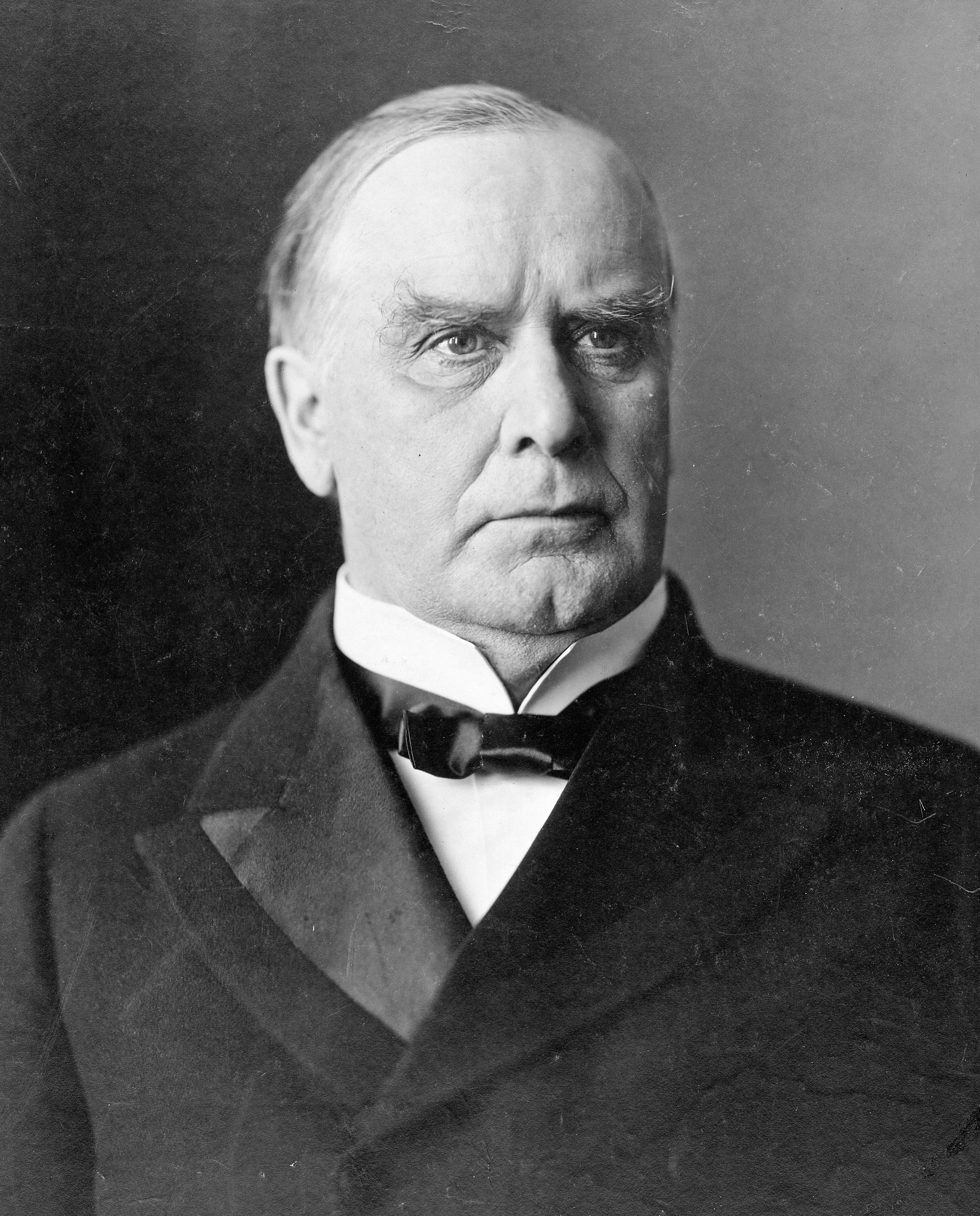
William McKinley served as the 25th President of the United States from March 4, 1897, to September 14, 1901. His presidency marked a significant era in American history, characterized by economic prosperity and imperial expansion. McKinley’s leadership was pivotal during a time of great change in the nation, as the United States emerged as a global power. In this article, we will explore the key events, policies, and impacts of McKinley’s presidency.
The late 19th century was a transformative period for the United States, with rapid industrialization and urbanization reshaping the nation’s landscape. McKinley’s tenure coincided with important developments such as the Spanish-American War and significant economic challenges. Understanding the timeline and context of McKinley's presidency provides insight into the political climate of the era.
This article will delve into the details of McKinley’s presidency, examining his early life, key achievements, and the circumstances surrounding his assassination. We will also discuss the ramifications of his policies and how they continue to influence American politics today.
Table of Contents
Biography of William McKinley
William McKinley was born on January 29, 1843, in Niles, Ohio. He grew up in a modest family and pursued education at local schools. After serving in the Civil War, McKinley began a career in law and politics, eventually becoming a congressman and governor of Ohio.
| Data Pribadi | Detail |
|---|---|
| Nama Lengkap | William McKinley |
| Tanggal Lahir | 29 Januari 1843 |
| Tempat Lahir | Niles, Ohio, AS |
| Jabatan | Presiden AS ke-25 |
| Periode Jabatan | 4 Maret 1897 – 14 September 1901 |
| Tanggal Wafat | 14 September 1901 |
Early Life and Career
McKinley’s formative years were marked by a strong work ethic and dedication to education. He attended the local schools and eventually enrolled at Allegheny College but left after one year due to financial constraints. McKinley then took on various jobs before enlisting in the Union Army during the Civil War, where he rose to the rank of brevet major.
After the war, he returned to Ohio, studying law and passing the bar exam. McKinley’s political career began in 1876 when he was elected to the U.S. House of Representatives, where he quickly gained recognition for his advocacy of protective tariffs.
Presidency Overview
McKinley was elected president in 1896, defeating Democratic candidate William Jennings Bryan. His campaign focused on economic issues, advocating for the gold standard and protective tariffs to promote American industry. McKinley’s presidency was characterized by significant events both domestically and internationally.
Major Events During McKinley's Presidency
- Spanish-American War (1898)
- Annexation of Hawaii (1898)
- Open Door Policy in China (1899)
- Economic prosperity and the Gold Standard Act (1900)
Domestic Policies
McKinley’s domestic policies were primarily focused on economic growth and stability. He believed that protective tariffs were essential for nurturing American industries. The Dingley Tariff Act of 1897 raised tariffs to historically high levels, which contributed to a robust economy during his administration.
Additionally, McKinley’s administration worked to resolve labor disputes, which were increasingly common during this industrial age. He sought to balance the interests of both labor and industry, often advocating for arbitration.
Foreign Policies
McKinley’s foreign policy was marked by a shift towards imperialism. The Spanish-American War was a turning point, resulting in the U.S. acquiring territories such as Puerto Rico, Guam, and the Philippines. McKinley believed that these acquisitions were vital for the nation’s strategic and economic interests.
His administration also implemented the Open Door Policy, which aimed to ensure equal trading rights for all nations in China, thus expanding American influence in Asia.
Assassination and Legacy
Tragically, McKinley’s presidency was cut short when he was assassinated by anarchist Leon Czolgosz on September 6, 1901, during a public event in Buffalo, New York. He succumbed to his injuries on September 14, 1901. McKinley’s assassination shocked the nation and led to an outpouring of grief.
His legacy includes his commitment to economic prosperity, expansionist policies, and a more active role for the United States on the world stage. McKinley is often remembered for his leadership during a transformative period in American history.
Impact on Modern America
The impact of McKinley’s presidency is still felt today. His policies laid the groundwork for America’s emergence as a global power. The Spanish-American War set a precedent for future military interventions and imperialism, shaping U.S. foreign policy for years to come.
Moreover, McKinley’s economic policies influenced the development of modern American capitalism, emphasizing the importance of tariffs and protectionism in fostering national growth.
Conclusion
William McKinley’s presidency from 1897 to 1901 was a pivotal time in American history. His leadership during a period of economic growth and international expansion helped shape the nation’s future. Although his life was tragically cut short, the policies and principles he championed continue to resonate in American politics today.
We encourage readers to share their thoughts in the comments below, explore other historical articles on our site, and stay tuned for more insights into America’s past.
References
- American Presidents: Life Portraits. “William McKinley.” PBS, 1999.
- Office of the Historian. “William McKinley.” U.S. House of Representatives.
- National Park Service. “William McKinley: The 25th President.”
ncG1vNJzZmivp6x7rLHLpbCmp5%2Bnsm%2BvzqZmpqefp7JuvMCipa1np52yr3nWmqpmpZOgtq%2B4xLJkqaqVqLalsc2tZaGsnaE%3D
